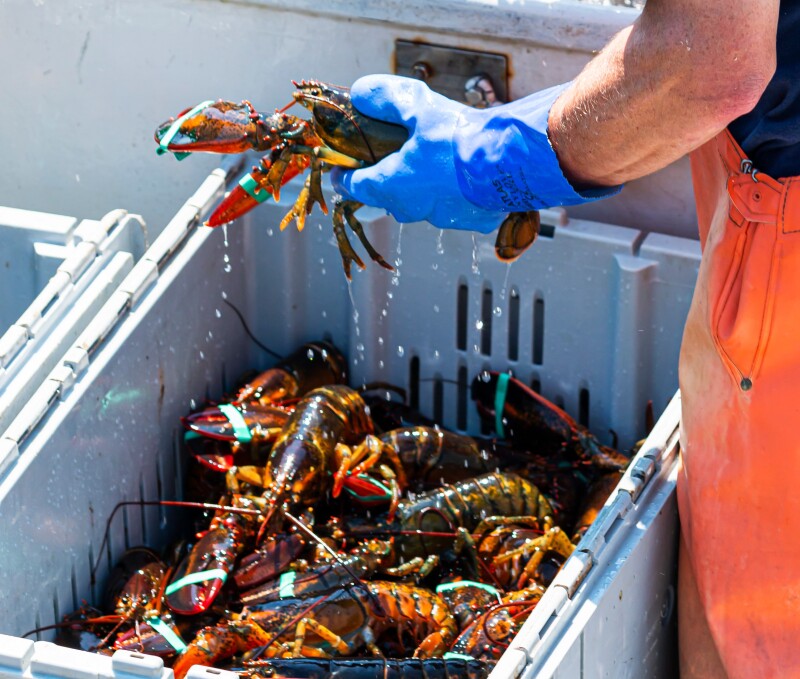The Atlantic States Marine Fisheries Commission (ASMFC) has officially voted to delay the planned gauge change in Lobster Management Area 1, giving Maine lobstermen more time to prepare. Originally slated to take effect on June 1, 2024, the increase in the minimum catch size—introduced to address a 35 percent decline in juvenile lobsters—will now go into effect on July 1, 2025. Back in August, the second delay was proposed to be voted on and delayed, but as of this week, it has been made official.
While opposed to the gauge increase, the Maine Lobstermen’s Association (MLA) expressed cautious approval of the delay. “We are hopeful that this will provide more time to address unintended consequences of an increase, specifically the fact that unless Canada also changes its gauge size, Canadian lobstermen will still be able to catch smaller lobster,” the MLA said.
MLA President Kristan Porter emphasized the importance of the additional time. “ASMFC listened to the Maine lobster industry about the serious unintended consequences of a U.S.-only gauge increase,” Porter said. “Delaying the gauge increase until July 2025 is a big win for lobstermen, allowing Maritime Canada to consider increasing its gauge and the U.S. fishery to prepare for reduced landings and market disruptions.”
The MLA has also made it clear that economic concerns remain a priority. “The MLA supports the ban of importing Canadian lobster under the U.S. minimum size because it would have a significant negative impact on the boat price for Maine lobster,” the association said.
U.S. Representative Jared Golden has echoed these concerns, warning about the potential risks of moving forward without proper analysis. “I’m deeply concerned about the implications a gauge increase next year—absent robust economic and scientific analyses—will have on the viability of Maine’s lobster industry and the communities it supports,” Golden wrote.
Craig Stewart, MLA board vice president, shared a practical view on the outcome. “The unanimous vote on Addendum 30 is a step in the right direction, and the further delay of Addendum 27 will give us time to get used to the planned increase,” he said.
The delay offers a critical window for Maine’s fishery to prepare. However, without coordinated efforts from Canada, the challenges won’t go away. Maine’s fishing community will use this time to push for regulatory alignment, ensuring that both sides of the border work together to protect the resilience of the lobster stock.







